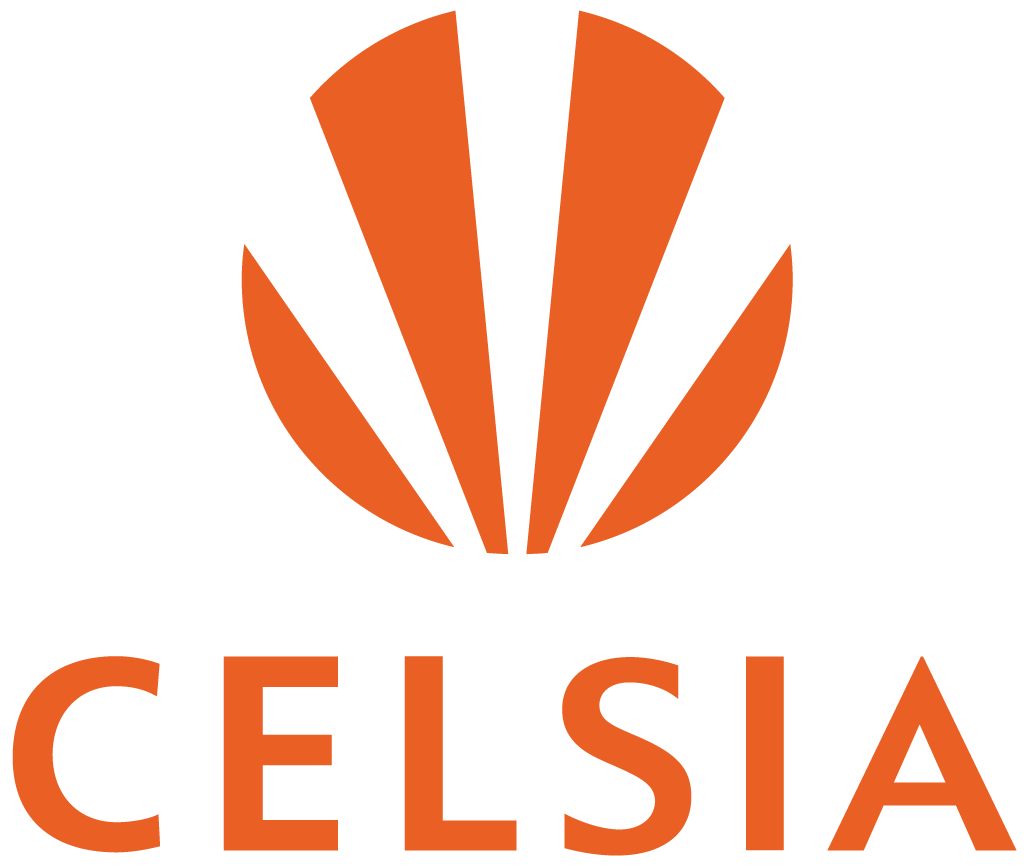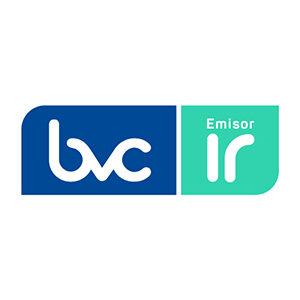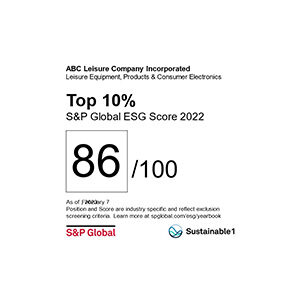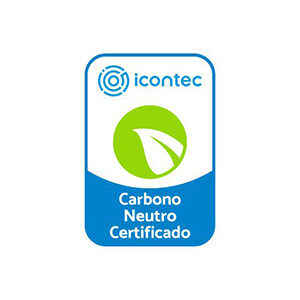Human Rights inspire us and guide each of our actions and business decisions.
GRI (3-3) By prioritizing the protection of Human Rights, we connect with our humanity and define the responsibilities we have as individuals and as a Company. We act with conviction when relating to our environment, seeking to build responsible relationships with communities and society.
These commitments guide our actions with Stakeholders, commercial relations with the Value Chain, the way in which we achieve results and the Company’s Sustainability. With them, we express that we promote, protect, respect and value:
- Free and voluntary work;
- Health, protection and safety in the company;
- The education and development of children and youth;
- Freedom, equality and non-discrimination;
- Freedom of association and collective bargaining;
- The right to equality at work;
- Decent working conditions;
- Gender equity;
- Family life;
- The right to privacy; and
- The rights of all ethnic communities.
Our Management
GRI (3-3) (2-23) (2-24) We are committed to respecting, protecting and promoting Human Rights, supported by a due-diligence process:
We have a Technical Committee on Human Rights, a transversal team, made up of representatives from Sustainability, Risks, Socio-Environmental, Human Talent, Legal Affairs, Commercial, Supply, Compliance and Communications, whose duty is to contribute their vision, monitor Corporate Management of Human Rights and promote the permanent updating, improvement and strengthening of due diligence.
We identify, evaluate, prevent, monitor and inform the possible risks of violation of Human Rights that the Company may incur, joining the Comprehensive Risk-Management System (SGIR), through which Celsia’s complete Risk Management is carried out.
We have a Human-Rights Policy approved by our Senior Management, in which we frame the commitment to respect and promote them, with requirements for our own operations, suppliers and business partners, and the actions that allow us to comply with them.
In the contracts and agreements with suppliers, we have public and private security with Clauses to ensure respect for Human Rights in these alliances. Likewise, we evaluate compliance with them in our Value Chain.
We educate and train prioritized employees, contractors and suppliers in Human Rights, focusing on the United Nations Guiding Principles, due diligence, commitment and responsibility of companies to provide them with the knowledge and essential tools that make it easier for them to manage this issue from their daily work.
We constantly communicate to our internal and external Stakeholders about our management regarding human rights through our own media, such as newsletters, the Integrated Report, the Webpage, among others.
We have a Transparency Hotline for our Stakeholders to confidentially report the alleged breach of the Code of Business Conduct and breaches of business ethics, including possible reports related to Human Rights.
We define guidelines for the development of the information, participation and prior-consultation process with the different social actors identified in the areas where Celsia develops actions in its projects, works or activities.
We evaluate our Human-Rights Management with different indicators, in order to monitor them and apply the best practices in their management.
Due Diligence in Human Rights
We are interested in the continuous improvement of our operating practices and the effective integration of Human Rights into the Organization’s Culture. We recognize the importance of identifying risks and their respective management to avoid cases of Human-Rights violation in Celsia. Therefore, we carry out a Due-Diligence Process in which we identify, evaluate and establish action plans, both for our own operations and for our allies regarding respect for Human Rights.
Our Due-Diligence Process includes the identification and evaluation of risks in:
Suppliers and contractors;
Business partners and other allies; and
Our own operations.
Corporate affairs:
- Communications;
- The Celsia Foundation; and
- Socio-environmental management.
Generation:
- Hydraulic-generation plants;
- Wind-power generation plants; and
- Thermal generation plants.
Human talent:
- Administrative services;
- Technology;
- Solutions to the employee;
- Organizational development;
- Occupational Health and Safety; and
- Protection of resources.
Commercial:
- Commercial processes.
- Client Service.
This exercise is carried out periodically so that it always reflects Celsia’s commitment to Human Rights.
Among the Human Rights that we take into account when carrying out the identification and evaluation of risks are:
- Decent conditions in the workplace;
- Occupational Health and Safety;
- Practices or modalities of forced or compulsory labor;
- Human trafficking;
- Child labor;
- Freedom of association;
- Right to collective bargaining;
- Equal pay; and
- Discrimination.
These actions have allowed us to have an extensive look at the possible impacts and potential risks related to Human Rights that could affect Celsia and our Stakeholders, such as:
- Communities in the area of influence, including the Indigenous population;
- Suppliers and contractors;
- Employees; and
- Women and children.
Principal Results in 2022
GRI (3-3) During 2022, we continued to strengthen Due Diligence and Human-Rights Management in the Company, accompanied by an independent third party expert on the subject. This year we highlight the following milestones:
With the Human-Rights Technical Table, we visited the Beatriz Londoño Foundation, a space that inspired us and connected us with the power of simple actions and made us aware from experience.
We monitor the Action Plans defined to mitigate risks identified and evaluated in the 42 Company processes. The risks were evaluated according to their probability and impact and at the end the exposure level – critical, high, moderate or low – of each risk was obtained. From these results, we obtained 12 processes with Action Plans because the risk exposure was greater than “low.”
We sensitized and trained the Contractor-Management Team on the responsibility of companies and how they can cause, contribute to or be directly linked to a breach due to a business relationship, highlighting shared responsibility.
We conducted a Human-Rights Due-Diligence Training Pilot with a group of 42 suppliers and contractors, chosen based on the nature of their service or their criticality in addressing the issue for the Company. In this training, we raised awareness of the responsibility and impact that companies have on the subject, and – as a result of the training exercise – tools were designed to assess the state of maturity of contractors and suppliers in:
- Commitment to respect human rights;
- Supply-Chain Management Processes;
- Due diligence in Human Rights; and
- Service and remedy channels.
Based on the responses, they were given a guide to close gaps on each front, based on their self-diagnosis results. We accompanied seven contractors and five suppliers in three personalized sessions with each one, in closing these gaps and in the development of Human-Rights Policies, the design of risk identification and evaluation procedures, among others.
We incorporated the Human-Rights Approach to the Transparency Line, this being the main channel for reporting these issues in the Company. We adjusted the Transparency-Line Management Protocol to comply with the effectiveness criteria of the United Nations Guiding Principles (UNGP).
We participated in the construction of the Human-Rights Risk Matrix for the electricity sector, with XM and companies from the union.
GRI (3-3) Short-, Medium- and Long-Term Objectives:
Short Term(0 to 2 years)
- Scale up the awareness and training program to reach more employees and external Stakeholders.
- Update Action Plans and Repair Plans based on the identified risks.
Medium Term(3 to 5 years)
- Accompany and guide all our critical suppliers and contractors in the implementation of due diligence in their operations.
- Update the Action and Repair Plans based on the identified risks.
Long Term(6 or more years)
- Adapt the management of Human Rights according to current events in the country, needs, risks and opportunities identified.
- Consolidate a Continuous Improvement Plan to continue ensuring the promotion of respect for Human Rights in all Stakeholders and in all our operations led in the future.
Human Rights (DD. HH., in Spanish): These are norms that recognize and protect the dignity of all human beings without any distinction.
Stakeholders: A group of people who are part of the Organization and others with whom various relationships are maintained. Receiving and managing their suggestions, comments and expectations is essential to achieving compliance with the Organization’s Strategy. Among them we highlight employees, suppliers and clients.
Vulnerable Groups: Groups or communities of people – for example: children, migrants, ethnic communities, women, religious groups, people with functional diversity, LGBTI, among others – who are in a situation of risk or disadvantage.
Transparency Line: Our line to personally or anonymously report incorrect acts or violations of the policies established in the Code of Business Conduct.
Prior Consultation:This is a fundamental right that is specified through a procedure, through which the State guarantees the representative authorities of ethnic communities, the participation and access to information about the projects, works or activities that are intended to be carried out in their territory, as long as they are likely to affect them directly and specifically.
Due Diligence in Human Rights: The Continuous-Management Process that a company must carry out according to its circumstances, to assume its responsibility to respect Human Rights
The process is made up of:
- Havin a political commitment to respect Human Rights.
- Identifying and evaluating negative impacts on operations and business relationships.
- Stopping, preventing and mitigating negative impacts.
- Following up on Human-Rights Management.
- Communicating and sensitizing Stakeholders about the impacts.
- Repairing when necessary.






